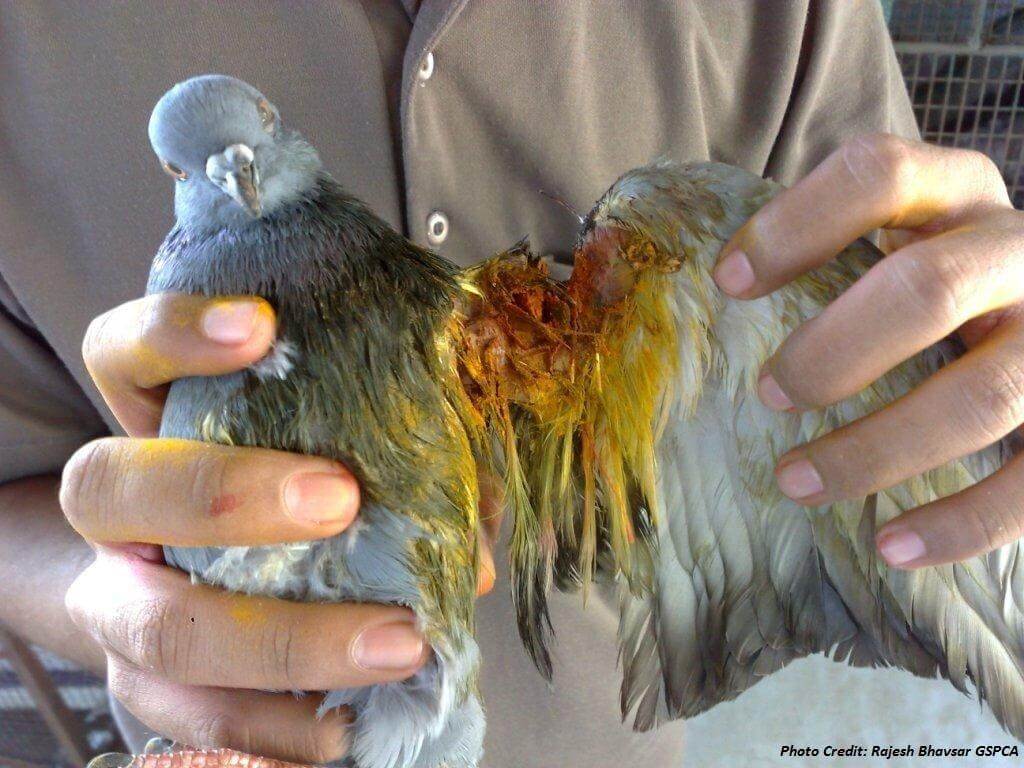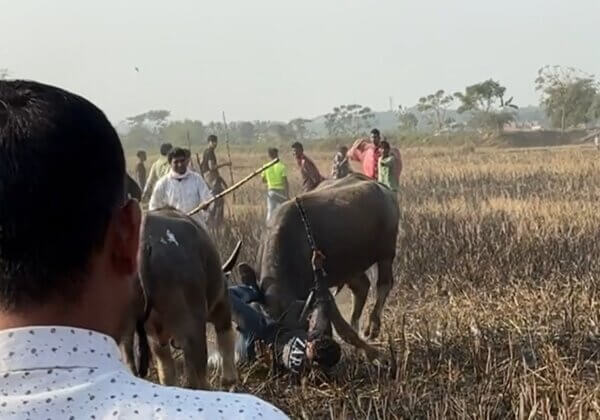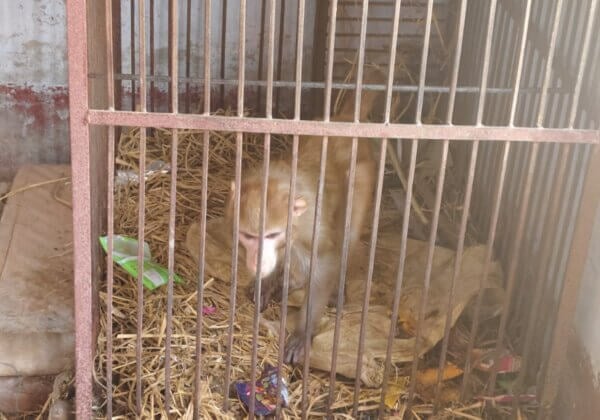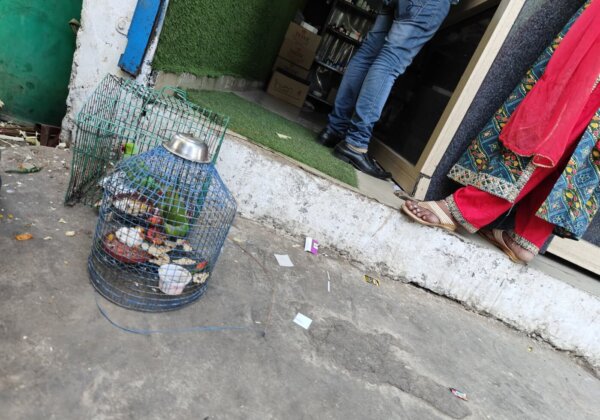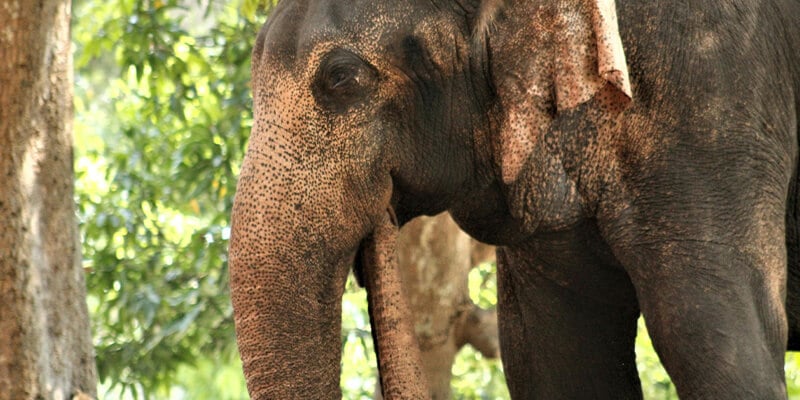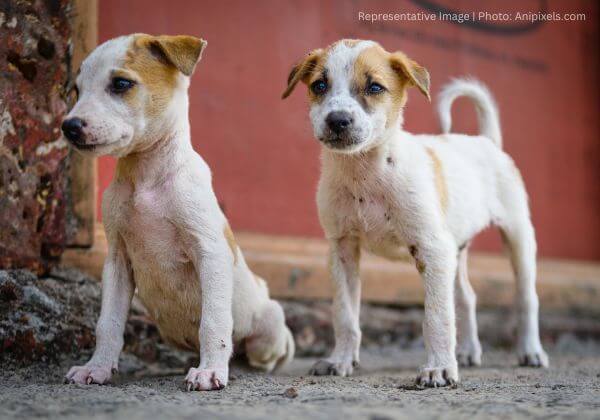Haryana Government Prohibits Glass-Coated Cotton String and All Other Forms of Manja Following PETA India Appeal
Following appeals from PETA India to address bird and human deaths caused by manja, the Haryana Environment, Forests and Wild Life Department has prohibited the “sale, production, storage, supply import, and use of kite flying thread made out of the nylon, plastic or any other synthetic material including popularly known as ‘Chinese Manja’ and any other kite-flying thread that is sharp such as by being laced with glass, metal or any other sharp materials in the State of Haryana” through the Haryana Government Gazette. The prohibition has been issued in order to prevent harm to humans, birds, and the environment. Per the notification, kites may be flown only with cotton thread free of any materials designed to increase its sharpness or strength.
Manja, in all its forms, puts humans, other animals, and the environment at risk. Razor-sharp strings made of nylon or cotton threads laced with glass powder and metal have a disastrous impact on public health. People have lost their lives to the lethal strings, often after it slashes their throats while they’re walking, riding on motorcycles or scooters, or travelling in cars with their heads sticking out of the window. In January 2023, over 10 people died from manja in Gujarat, and 1281 accidents were reported in the state between January 14 and 15. A 4-year-old girl in Hyderabad also recently sustained a grievous injury when dangling manja cut her neck. In Mumbai, an 8-year-old boy died after manja slit his throat while he was enjoying the scenery from the sunroof of a car. In another incident, a Mumbai man wearing a balaclava, a helmet with a visor, and hand gloves was still unable to escape injury from manja when thread coated with powdered glass flew across his visor. When such deadly strings are used, it’s only a matter of when the next injury or death will occur.
The harmful thread also has a disastrous impact on bird populations. Birds’ wings are often slashed or even cut off by manja. Their feet have also been cut off by these strings, and wounded birds frequently escape, meaning rescuers can’t help them, and many bleed slowly and painfully to death.
The notification also cites the power failures that these strings cause, which affect up to 10,000 people from a single power-line disruption, and notes that such threads often lead to life-threatening electrical accidents.
Similar directions against all forms of manja have been issued by Chandigarh, Delhi, Himachal Pradesh, Maharashtra, Telangana, and Tripura.
This will go a long way towards safeguarding the environment and protecting the lives of humans as well as birds, including endangered vultures, who get lacerated by the sharp string.


